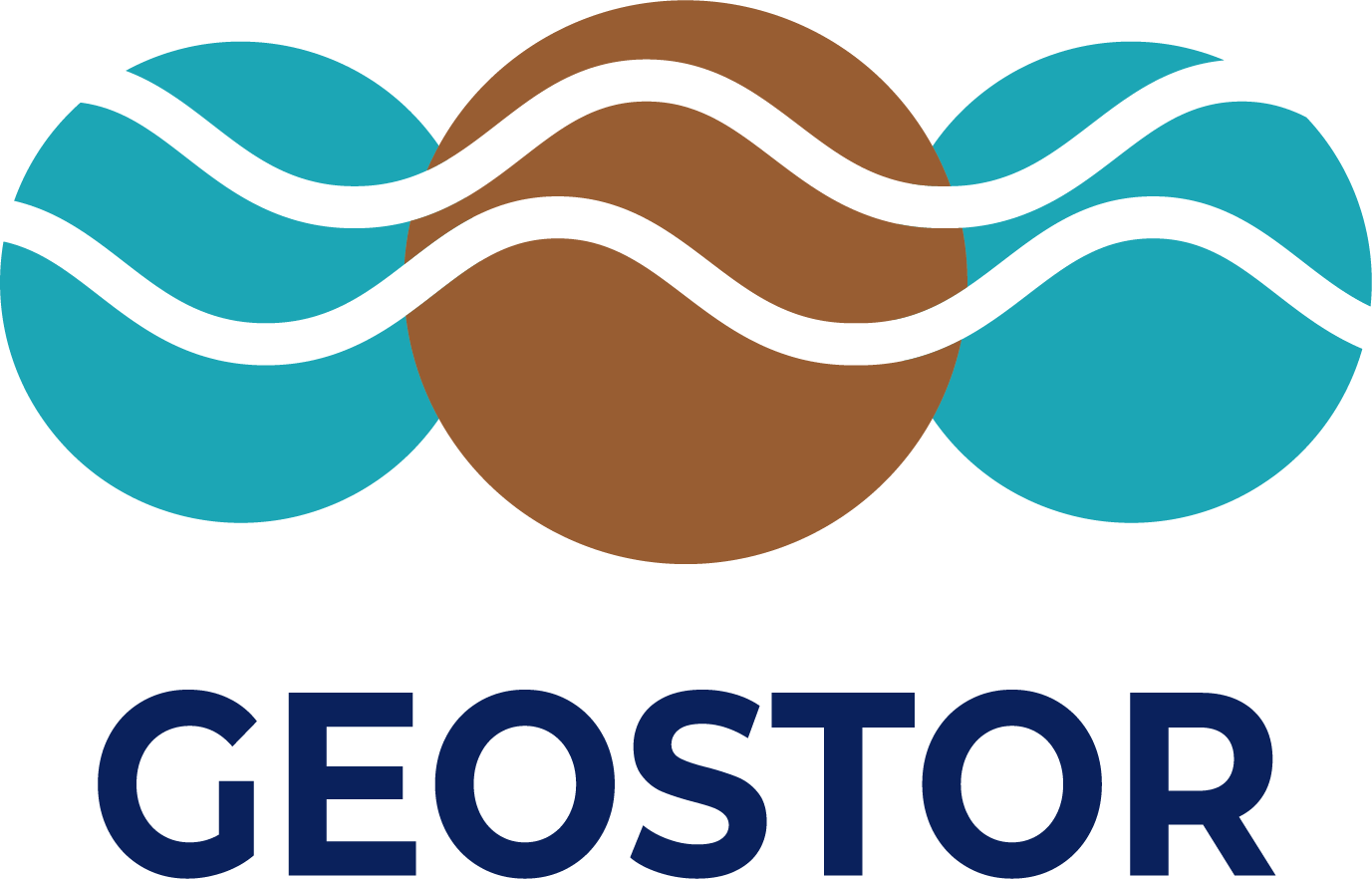Goals
The GEOSTOR project investigates whether and how it is possible to store carbon dioxide (CO2) in geological formations of the German North Sea on an industrial scale. To achieve this, the geological conditions, environmental risks, new methods for storage monitoring, the legal framework, operating and development costs, and potential conflicts and synergies with other uses of the German North Sea will be considered. Additionally, the relevant authorities as well as potential operators and users from industry will be involved in an advisory board to discuss implementation options for a demonstration project on a million-ton scale and develop a roadmap for such a project.
Specifically, the following objectives will be pursued in GEOSTOR:
1. North Sea-wide quantification of the static CO2 storage capacity in the geological formations of the German Exclusive Economic Zone (EEZ)
2. quantification of the dynamic CO2 storage capacity at two selected sites
3. investigation of geotechnical risks
4. research on the effects of seismic noise on harbor porpoises
5. investigation of potential leakage pathways and mechanisms for CO2 and formation water
6. development of new technologies to mitigate CO2 leakage along decommissioned boreholes.
7. design and development of a new method for reservoir monitoring using passive seismic techniques
8. investigation and assessment of possible conflicts and synergies with other functions and uses of the German North Sea, e.g. marine protected areas and off-shore wind farms
9. development of criteria for embedding CO2 storage in spatial planning for the German North Sea
10. evaluation of the existing regulatory framework for CO2 storage in the German EEZ and identification of technical options that allow exploration and operation of demonstration projects for CO2 storage under the North Sea while complying with existing regulations
11. design of technologies for transport, compression and storage of CO2 for two selected sites in the German North Sea and estimation of the respective associated costs
12. constituting a project advisory board composed of representatives from industry (potential storage operators and users) and the relevant authorities, and holding regular advisory board meetings
13. evaluation of the feasibility of geological CO2 storage in the German North Sea region using the example of the two selected sites, which could be further investigated in a second project phase 14. permanent storage, provision and visualization of the data collected in the GEOSTOR project.
14. Permanent storage, provision and visualisation of the data collected in the GEOSTOR project
